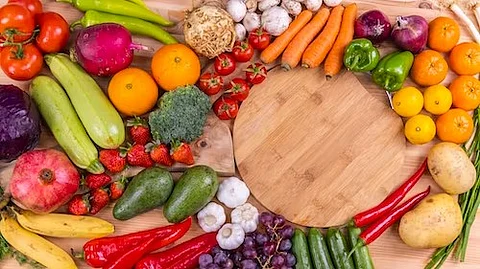Ultra-Processed Foods in Vegetarian Diets
Contrary to the common perception that vegetarians and vegans consume mostly fruits, vegetables, and nuts, the reality often includes a high intake of UPFs. These processed foods—such as plant-based meat substitutes, frozen pizzas, instant noodles, and sugary snacks—have been marketed as healthier, sustainable alternatives to meat. But their nutritional profiles tell a different story.
UPFs are heavily engineered to enhance taste, texture, and shelf life, often at the expense of nutritional quality. Many include additives such as emulsifiers, preservatives, artificial colors, and flavors, which are rarely found in home-cooked meals.
Dr. Grace Hughes, a researcher on the study, remarked: “The rise of plant-based diets is commendable, but the reliance on ultra-processed foods is a growing concern for public health.”
The study showed that over 46% of daily energy intake among vegetarians and vegans in the UK came from UPFs, compared to a smaller proportion for those who included meat in their diets. Meat itself, in contrast to UPFs, undergoes far less processing, often being consumed in its natural or minimally altered state.
Health Implications of Ultra-Processed Food Consumption
The consumption of UPFs has long been associated with negative health outcomes, including obesity, heart disease, cancer, and premature death. These risks are particularly troubling given the growing popularity of vegetarian and vegan diets. While such diets are often adopted for their perceived health benefits, the over-reliance on UPFs undermines these advantages.


